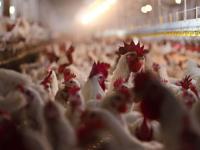Seychelles, world’s most-vaccinated nation, issues restrictions as COVID-19 cases rise
By Lokmat English Desk | Published: May 7, 2021 07:30 PM2021-05-07T19:30:00+5:302021-05-07T19:30:00+5:30

Seychelles, which has fully vaccinated more of its population against the coronavirus than any other country, has closed schools and canceled sporting activities for two weeks due to rise in COVID-19 cases.
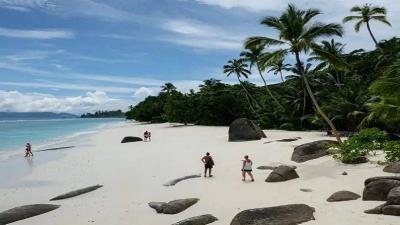
The measures, which include bans on the intermingling of households and the early closure of bars, come even as the country has fully vaccinated more than 60% of its adult population with two doses of Covid-19 vaccines.
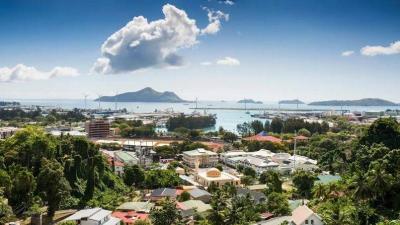
The curbs are similar to those last imposed at the end of 2020.
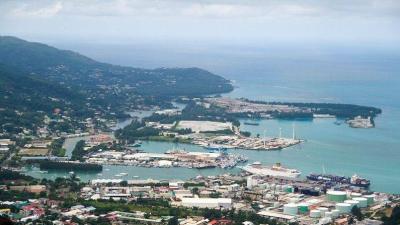
“Despite of all the exceptional efforts we are making, the Covid-19 situation in our country is critical right now, with many daily cases reported last week,” Peggy Vidot, the nation’s health minister, said at a press conference Tuesday.
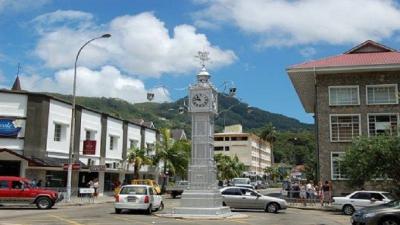
The Indian Ocean archipelago, which has a population of about 98,000, is dependent on tourism for much of its foreign exchange and acted quickly to begin vaccinations in January using a donation of Chinese vaccines from the United Arab Emirates. It has procured other vaccines since.
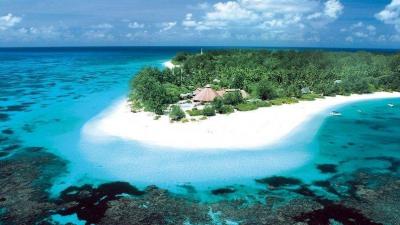
By April 12, 59% of the doses administered were Sinopharm vaccines and the rest were Covishield, a version of AstraZeneca Plc’s shot made under license in India.

To date 62.2% of its population is fully vaccinated, according to the Bloomberg Vaccine Tracker. That compares with 55.9% for Israel, the next most vaccinated nation.

The number of active cases in the nation rose to 1,068 on May 3 from 612 on April 28, according to the health ministry.
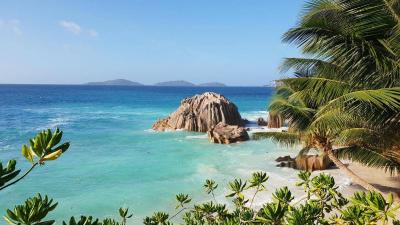
Of those cases, 84% are Seychellois and the rest are foreigners, Daniel Lucey, Clinical Professor of Medicine at Dartmouth Geisel School of Medicine, said in a blog post. Just under two thirds of those are either unvaccinated or have only had one dose, and the rest have had two doses, he said.
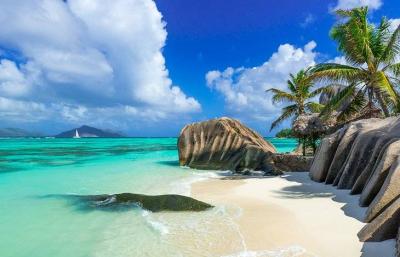
While data on genetic sequencing are not yet available for infections in April, the B.1.351 variant, first identified in South Africa late last year, was found in the Seychelles in February, he said.




















